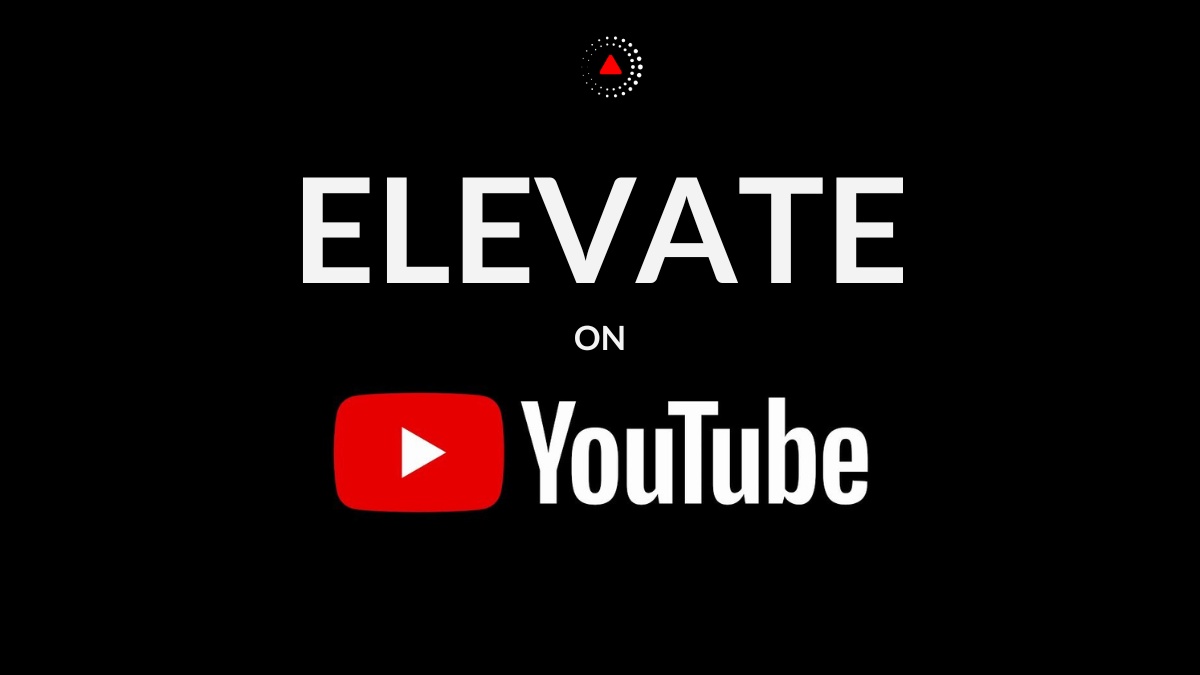Force is all conquering, but it’s victories are short lived.
What's the meaning of this quote?
Quote Meaning: The quote "Force is all conquering, but its victories are short-lived" encapsulates a profound truth about the nature of power and coercion. At first glance, it suggests that force, or the use of physical or authoritative strength to achieve an end, may indeed triumph in the immediate moment, overpowering resistance or opposition. However, the quote goes further to imply that such victories achieved through force are inherently fleeting, transient, and ultimately unsustainable.
When we consider the notion of force in this context, it extends beyond mere physical dominance to encompass any form of imposition or coercion, whether it be political, social, or psychological. Force, in its various manifestations, may indeed compel compliance or submission in the short term, but it fails to engender genuine consent or lasting allegiance. This is because force relies on fear, intimidation, or external control rather than voluntary cooperation or genuine conviction.
The transient nature of victories achieved through force can be attributed to several factors. Firstly, force often breeds resentment, bitterness, and a desire for retaliation among those who are subjected to it. While it may suppress dissent momentarily, it does little to address underlying grievances or discontent, thereby sowing the seeds for future resistance or rebellion. Moreover, reliance on force undermines trust, erodes relationships, and fosters a climate of hostility and antagonism, making it difficult to maintain control over time.
Furthermore, the quote suggests that force is ultimately self-defeating, as it fails to win hearts and minds or foster genuine loyalty and allegiance. True power lies not in domination or coercion, but in the ability to inspire, persuade, and unite people behind a common vision or purpose. Force may compel outward compliance, but it cannot compel genuine commitment, creativity, or innovation. In contrast, leadership based on mutual respect, trust, and shared values is far more enduring and sustainable in the long run.
History provides ample examples of the ephemeral nature of victories achieved through force. Empires built on conquest and oppression have crumbled under the weight of their own tyranny, while movements rooted in nonviolent resistance and moral courage have brought about lasting social change. From the downfall of autocratic regimes to the collapse of colonial empires, the arc of history illustrates that force may prevail in the short term, but it ultimately succumbs to the forces of justice, resilience, and human dignity.
In essence, the quote serves as a reminder of the limitations and pitfalls of relying on force as a means of achieving and maintaining power. While it may yield immediate results, its victories are inherently transient and unsustainable in the face of human resilience, conscience, and the innate yearning for freedom and justice. As such, true strength lies not in the exertion of force, but in the cultivation of empathy, understanding, and cooperation—the foundations of enduring peace and prosperity.
Who said the quote?
The quote "Force is all conquering, but it's victories are short lived." is often attributed to Abraham Lincoln (Bio / Quotes). Abraham Lincoln was the 16th President of the United States and led the country through the Civil War, preserving the Union and ending slavery.
Chief Editor
 Tal Gur is an author, founder, and impact-driven entrepreneur at heart. After trading his daily grind for a life of his own daring design, he spent a decade pursuing 100 major life goals around the globe. His journey and most recent book, The Art of Fully Living, has led him to found Elevate Society.
Tal Gur is an author, founder, and impact-driven entrepreneur at heart. After trading his daily grind for a life of his own daring design, he spent a decade pursuing 100 major life goals around the globe. His journey and most recent book, The Art of Fully Living, has led him to found Elevate Society.

























